Articles

Robert Kagan: A New Liberal Order and the Law of the Jungle
The so-called liberal world order, led by the United States, has always been an imperfect system. But other alternatives have always been worse. Today, that order, with the transatlantic alliance at its core, is being threatened from within as well as from without. As “illiberal” powers are rising, the liberal democracies are having trouble responding.…
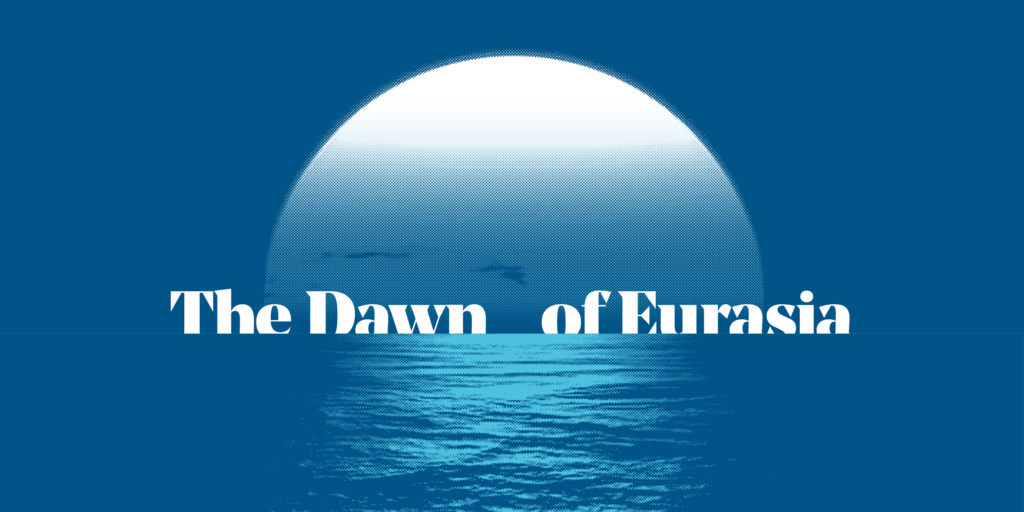
The Dawn of Eurasia
Eurasia is a new political reality. Even a determined effort to trace its history and prehistory will not take us more than a century back. We are perhaps celebrating its first centennial, but the suspicion is that in the century now beginning the Eurasian world will play the critical role for which geography has no…

Sergei Guriev: Europe Is Still a Success Story
The greatest evidence of Europe being a success is how people from outside Europe want to move there. It is a free and peaceful place and offers a social and economic model which is sustainable—says Sergei Guriev in an interview with Jakub Dymek. JAKUB DYMEK: Many claim Europe is in a permanent crisis and one…
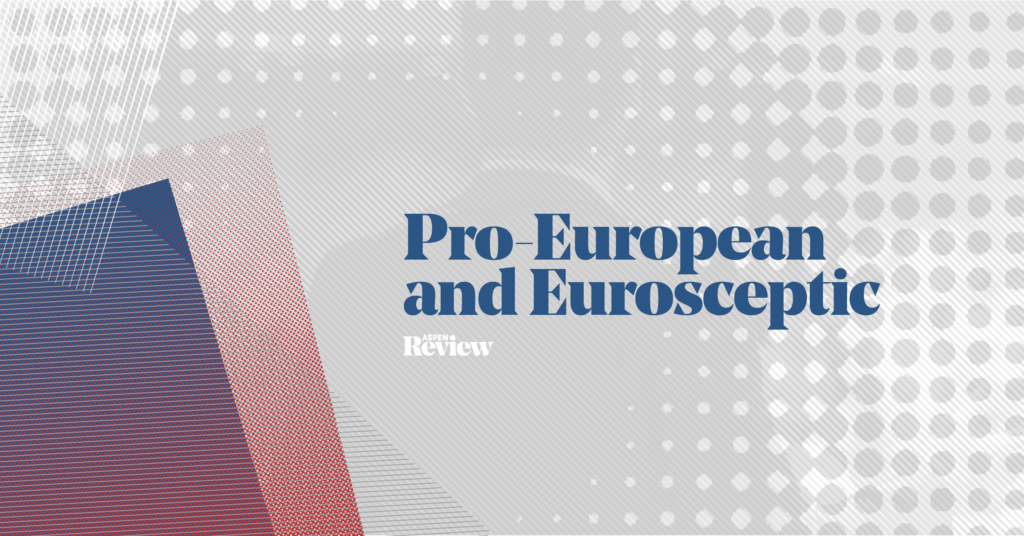
Pro-European and Eurosceptic
This year’s elections to the European Parliament in the Czech Republic and Slovakia did not bring any major surprises. Traditionally, turnout was among the poorest in Europe (29% in the Czech Republic and 22.74% in Slovakia), confirming the low level of public interest in European issues. Nevertheless, as many as two thirds of the new…
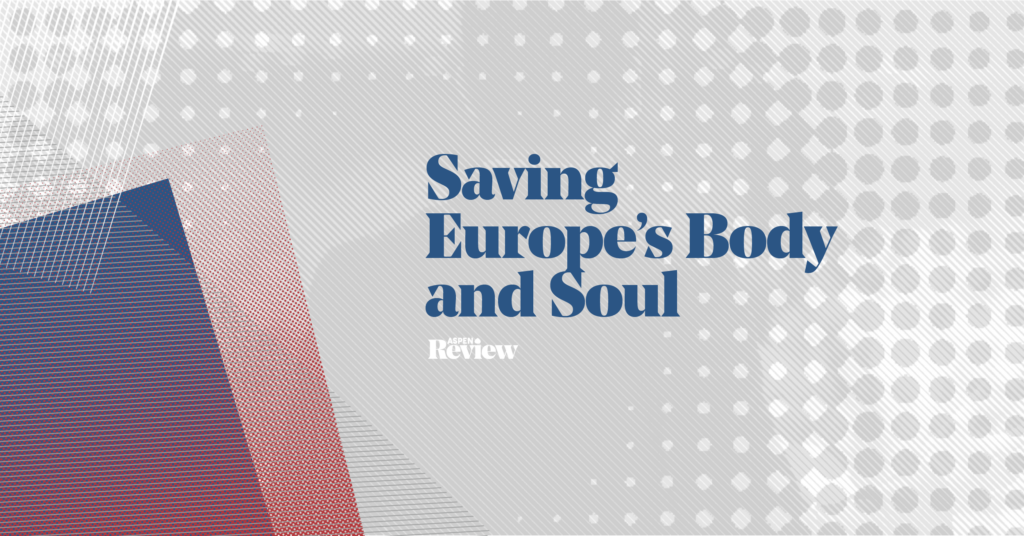
Saving Europe’s Body and Soul
Dear Readers, We have covered Europe’s development quite regularly in Aspen Review. Points of view have varied from those ringing alarming bells to a business-as-usual perspective. Despite the picture of a constant crisis in the media, European societies have shown a relatively high level of resilience against financial or migration challenges and have not resorted…
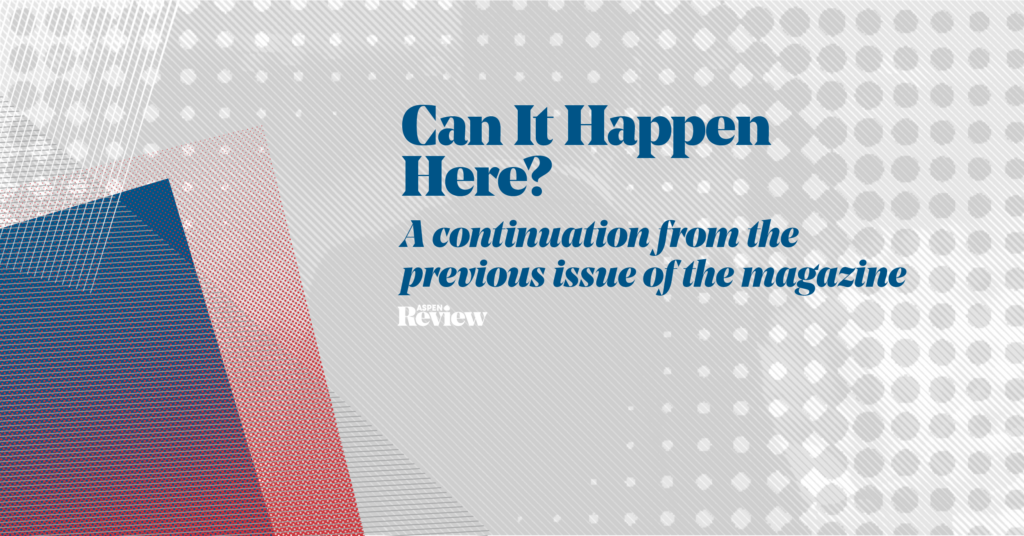
Can It Happen Here?
A continuation from the previous issue of the magazine Can It Happen Here? Authoritarianism in America Cass R. Sunstein ed., New York: Dey Street 2018. Two assumptions of responsibility have been missing from the discussion of post-2016 politics: political responsibility for policy mistakes that led to unintended consequences and moral responsibility for the guilt of…
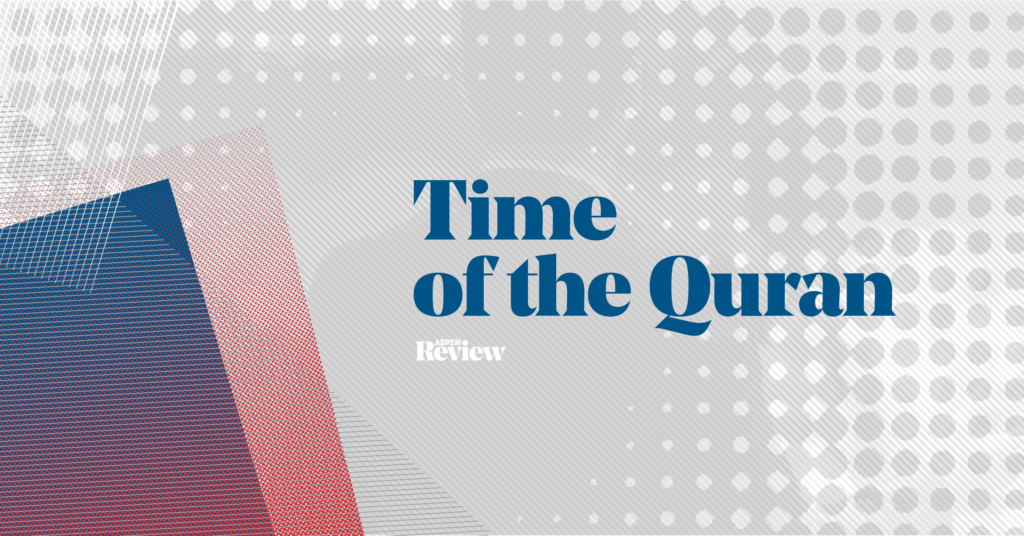
Time of the Quran
Archipelag islam. Czas Koranu, czas zmiany. Rozmowy bez cenzury [“Islam Archipelago. Time of the Quran, Time of Change. Conversations without Censorship”] Jakub Winiarski, Piotr Ibrahim Kalwas Błękitna Kropka, Nysa 2018, 457 pp. One of the greatest riddles of universal history is the violent fall of Islamic civilization in the first decades of the twelfth century. Earlier, the…
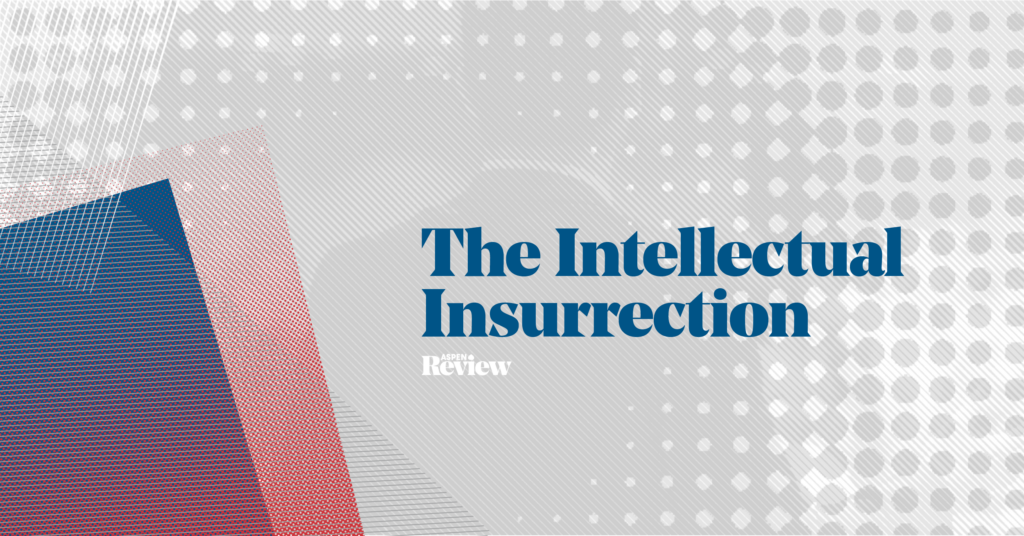
The Intellectual Insurrection
Dreamers: When the Writers took Power Volker Weidermann Germany, 1918. Pushkin Press, 253 pp, 2018 It feels like this is an era opposed to intellect. The President of the United States prefers to communicate via Twitter—a medium where he has half as many followers as pop star Katy Perry—and persists in misspelling messages. Amid the…
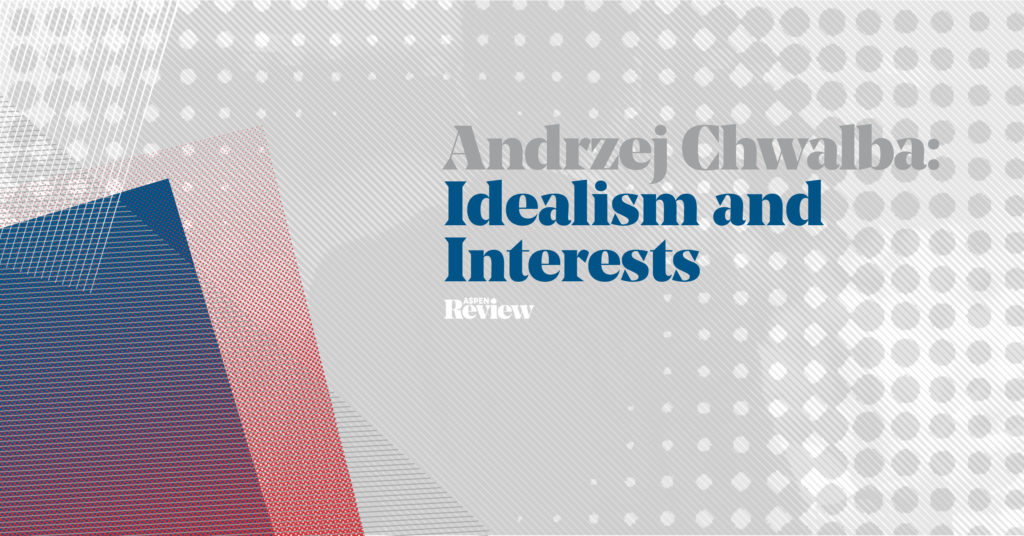
Andrzej Chwalba: Idealism and Interests
President Wilson assumed in Versailles that he would gain the gratitude of the peoples of Europe and political and economic influence in the Old Continent. It turned out, however, that Americans did not accept his idea—says Professor Andrzej Chwalba in an interview with Zbigniew Rokita. ZBIGNIEW ROKITA: One hundred years ago, the Treaty of Versailles…
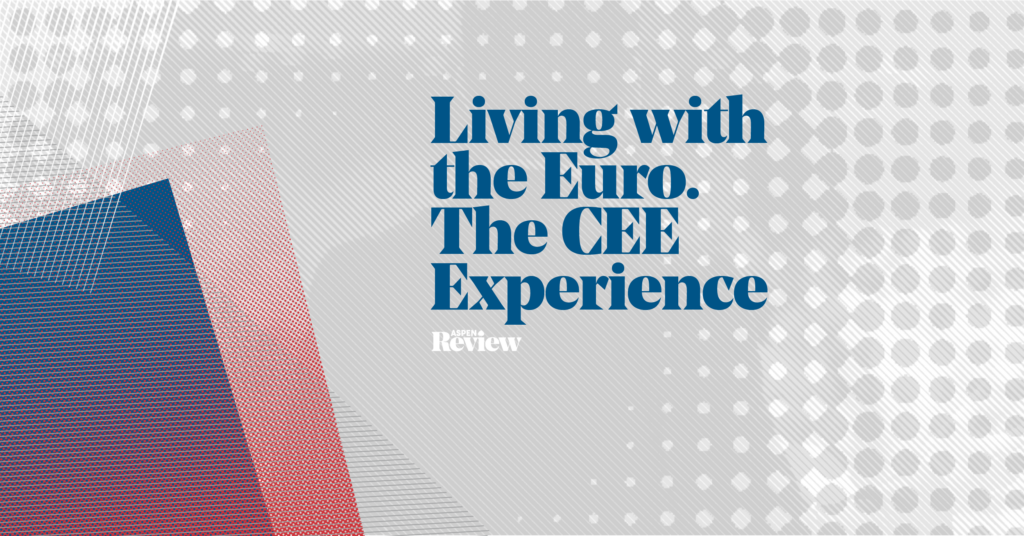
Living with the Euro. The CEE Experience
The common currency should not be easily pictured as the cause of problems or a guarantee of success. The Euro is awarding those who are well prepared. The twentieth anniversary of the Euro currency should be a moment for reflection. Next, to the US dollar, the Euro is the second most important currency in the…
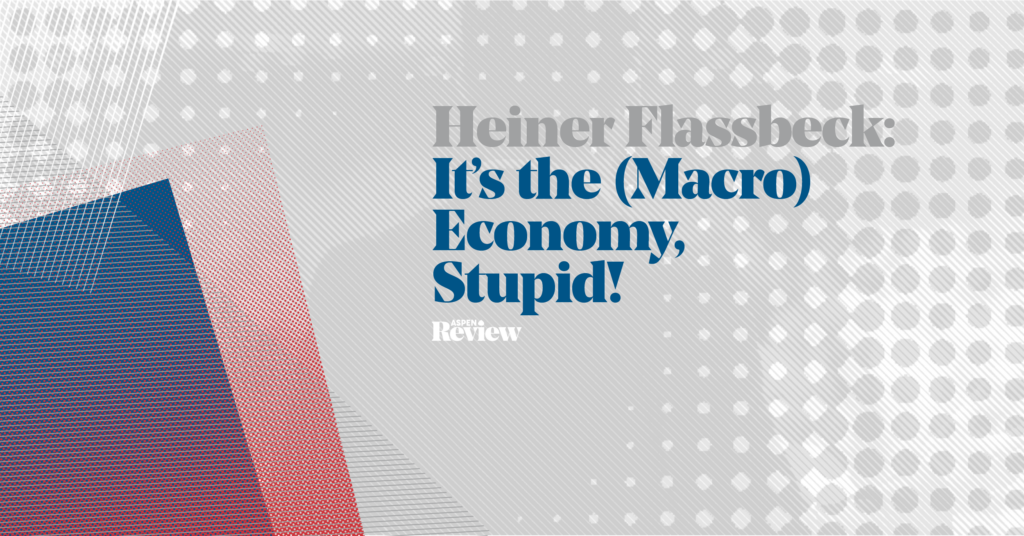
Heiner Flassbeck: It’s the (Macro) Economy, Stupid!
Without a macroeconomic plan, the social agenda of European progressives simply cannot be achieved, however sensible it might be. But it is right-wing bullies who do not fear challenging the dogmas and predominant economic orthodoxy—says professor Heiner Flassbeck in an interview with Jakub Dymek. JAKUB DYMEK: Do you think, Professor, while we’re speaking of all…
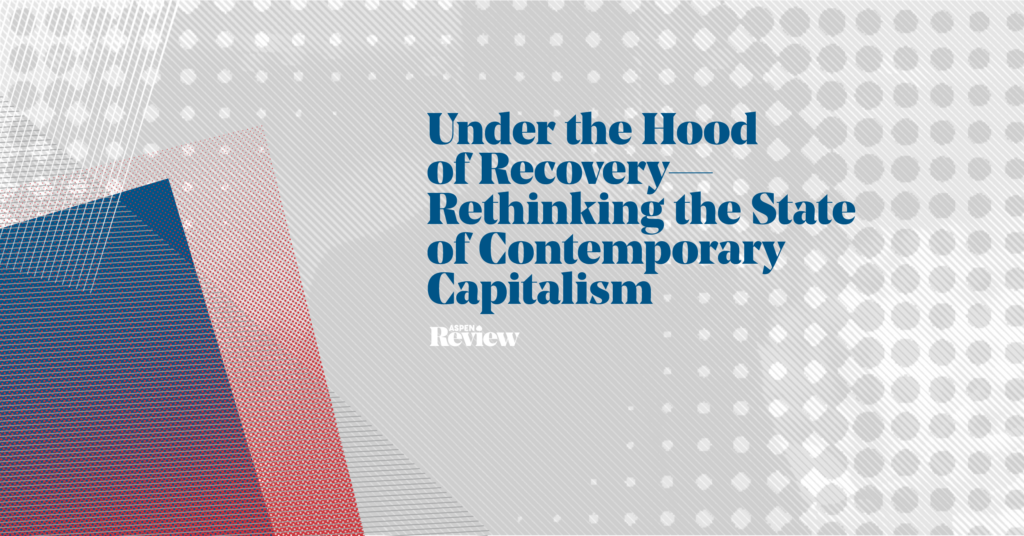
Under the Hood of Recovery— Rethinking the State of Contemporary Capitalism
Without addressing the increasingly unequal experiences of growth—or lack thereof—future economic crises risk creating ever more devastating consequences for democracy and people’s wellbeing. Capitalism is fraying at its edges. It has been 10 years since one of its most devastating economic crises since the Great Depression. While aggregate numbers suggest that capitalist economies have bounced…
The Specter of Soros Hovers over Central Europe
In recent years, Hungary under Prime Minister Viktor Orbán has become a semi-democratic, semi-authoritarian country. A very important element of the Hungarian regime’s propaganda is the demonizing of George Soros. At the beginning of 2019, Freedom House, an American foundation that has been evaluating political systems in the world for nearly 50 years, dividing them…
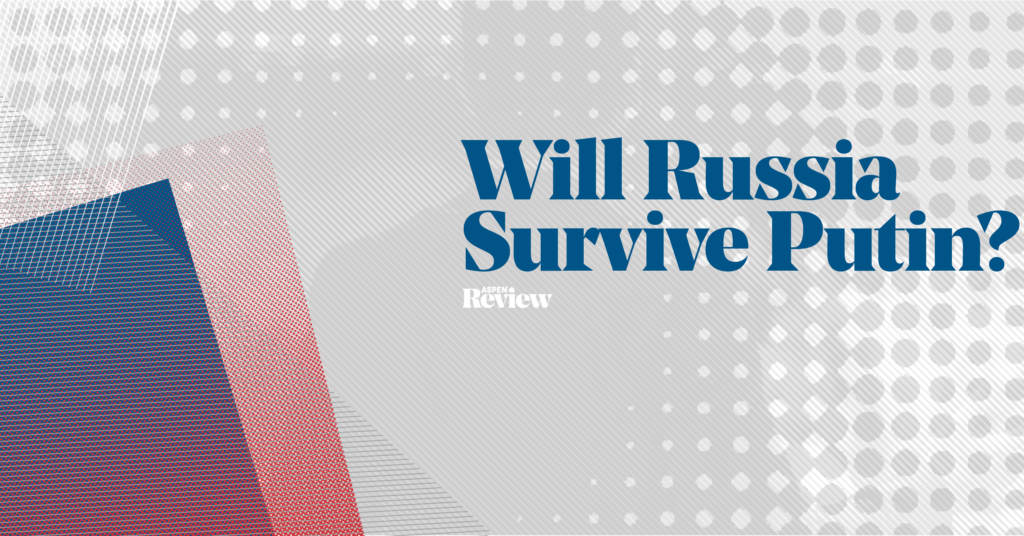
Will Russia Survive Putin?
Russia’s misfortune lies in the fact that its stability is directly dependent on the Putin regime’s stability. If the regime goes, so too, might Russia. The writing is on the wall. A growing number of serious Russian analysts are coming to the conclusion that Vladimir Putin’s regime is—take your pick—brittle, unstable, weak and/or doomed. A…
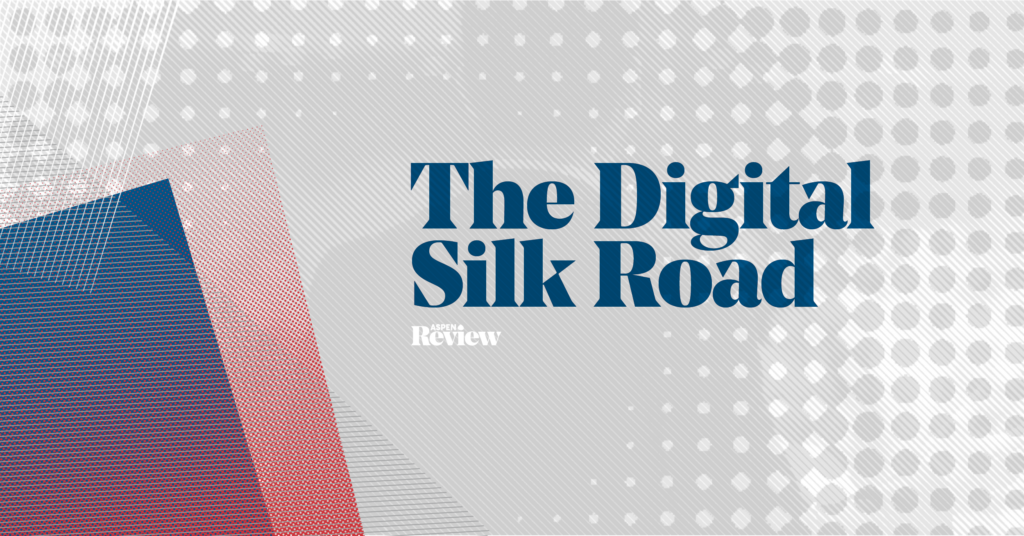
The Digital Silk Road
A tighter scrutiny of Chinese investment in sectors sensitive to national security is in order across Central Europe. Even if the race to keep technological knowledge away from the Chinese government cannot be won in any definitive way, there is no reason for a pre-emptive surrender. The economic rise of China, which lifted half a…
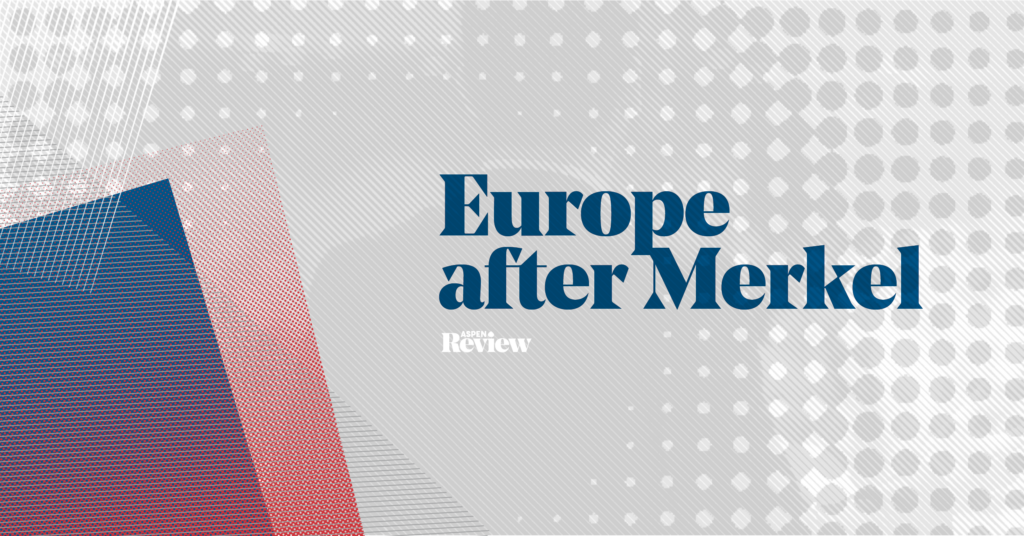
Europe After Merkel
“Stability” in Germany, based on a consensus about economic and security issues, has created instability in Europe for the last eight years—and the longer Germany continues to remain “stable”, the worse it could ultimately be for Europe. Ever since Angela Merkel’s announcement last November that she was stepping down as leader of the German Christian…
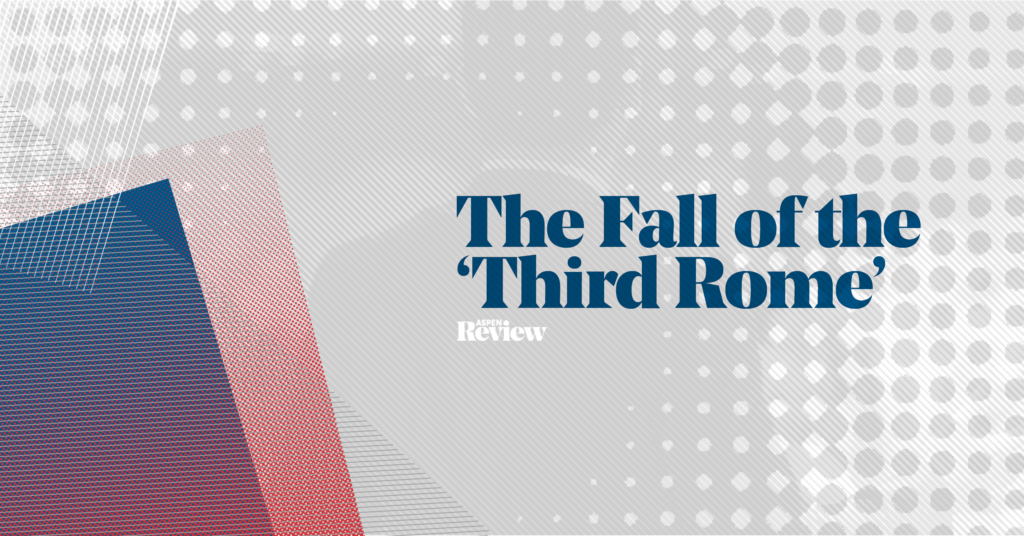
The Fall of the ‘Third Rome’
Throughout 2018, the attention of Ukrainian society was focused on creating an independent (autocephalous) Orthodox Church of Ukraine. Even those who are far from the realities of church life have been passionately following these processes. In October 2018, Kateryna Shchetkina, a columnist for the Ukrainian newspaper Dzerkalo Tyzhnya, asked how, within a few months, this…
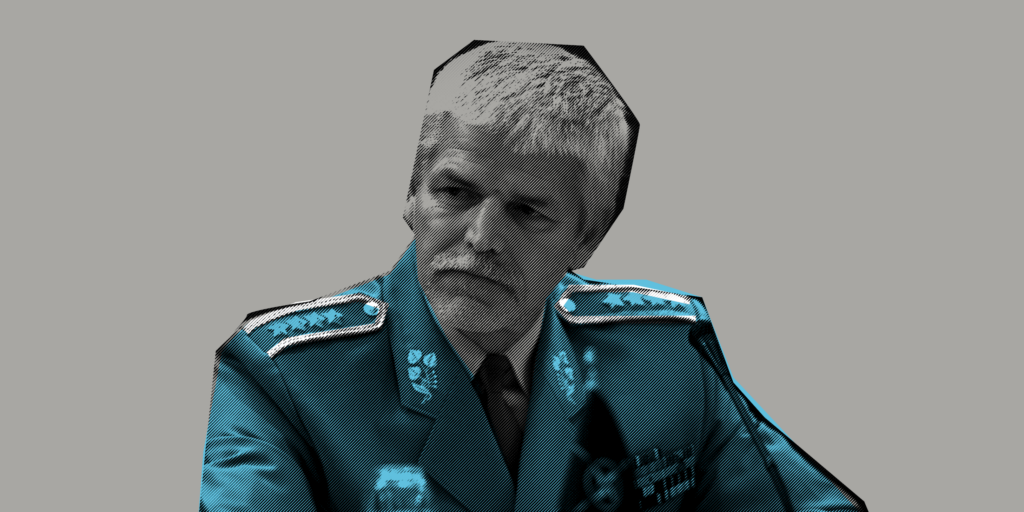
Petr Pavel: There Should Be No Limit to NATO Expansion
The divisions within NATO frequently run not between the countries of Eastern and Western Europe but between those who are more willing to respond to immediate needs and those who seem less sensitive to threats, says the former chairman of the NATO Military Committee Petr Pavel, in an interview with Robert Schuster. ROBERT SCHUSTER: You…
